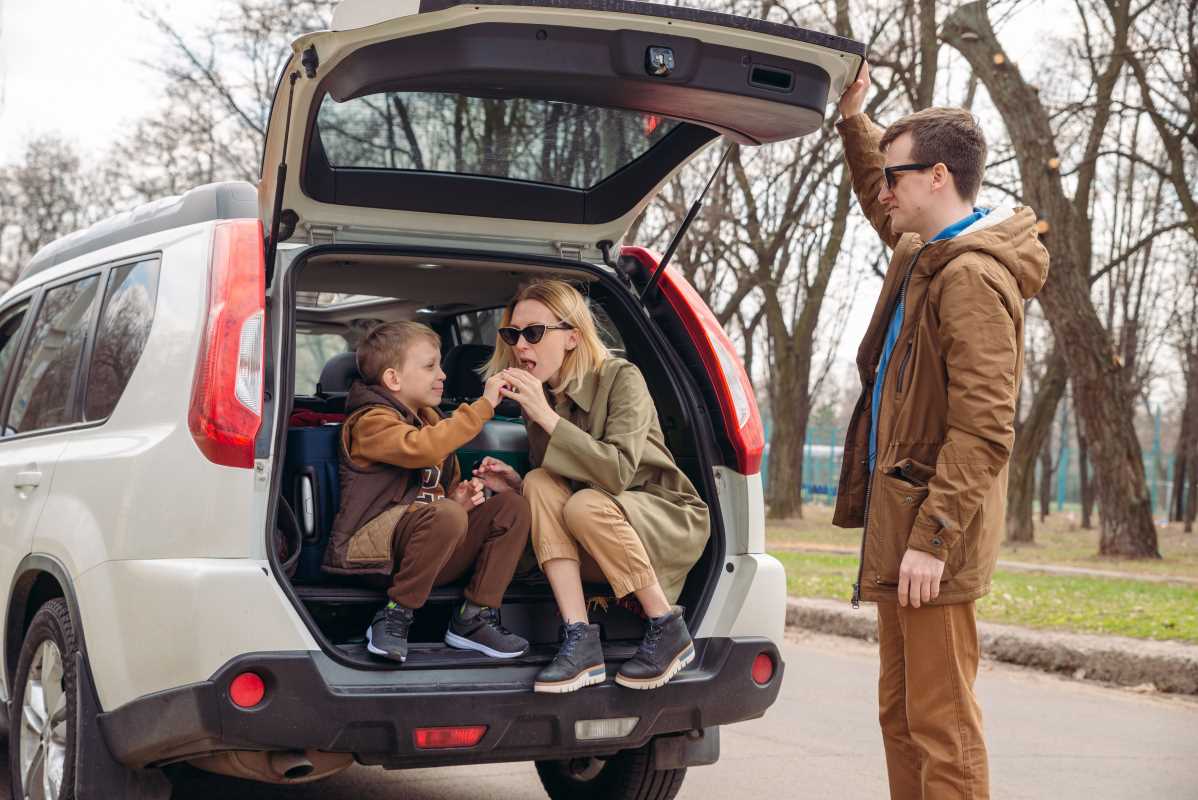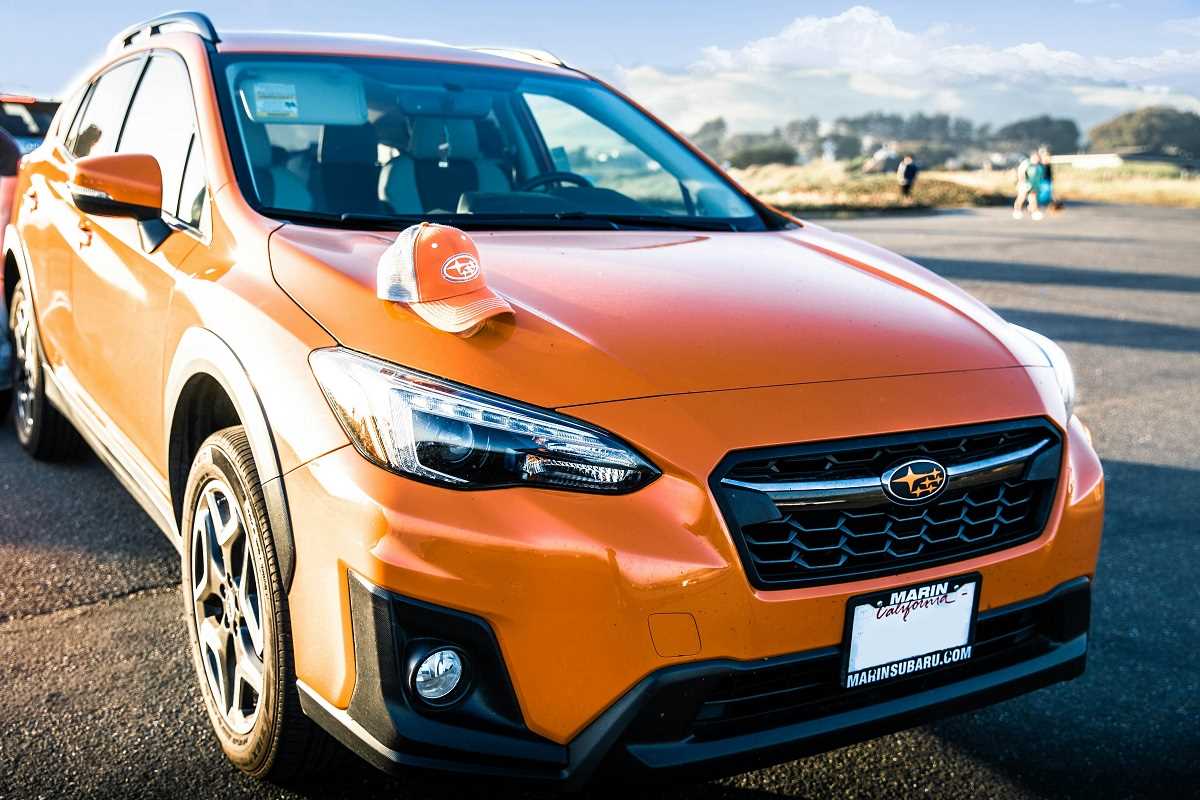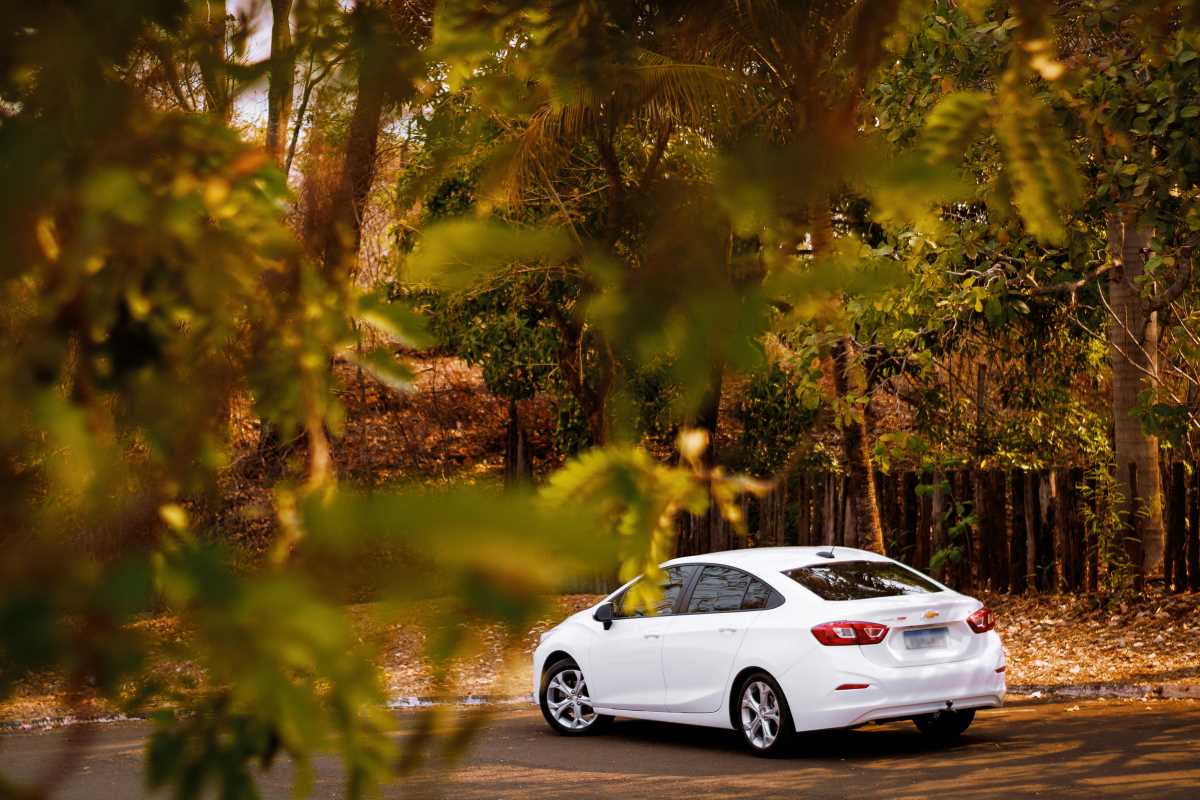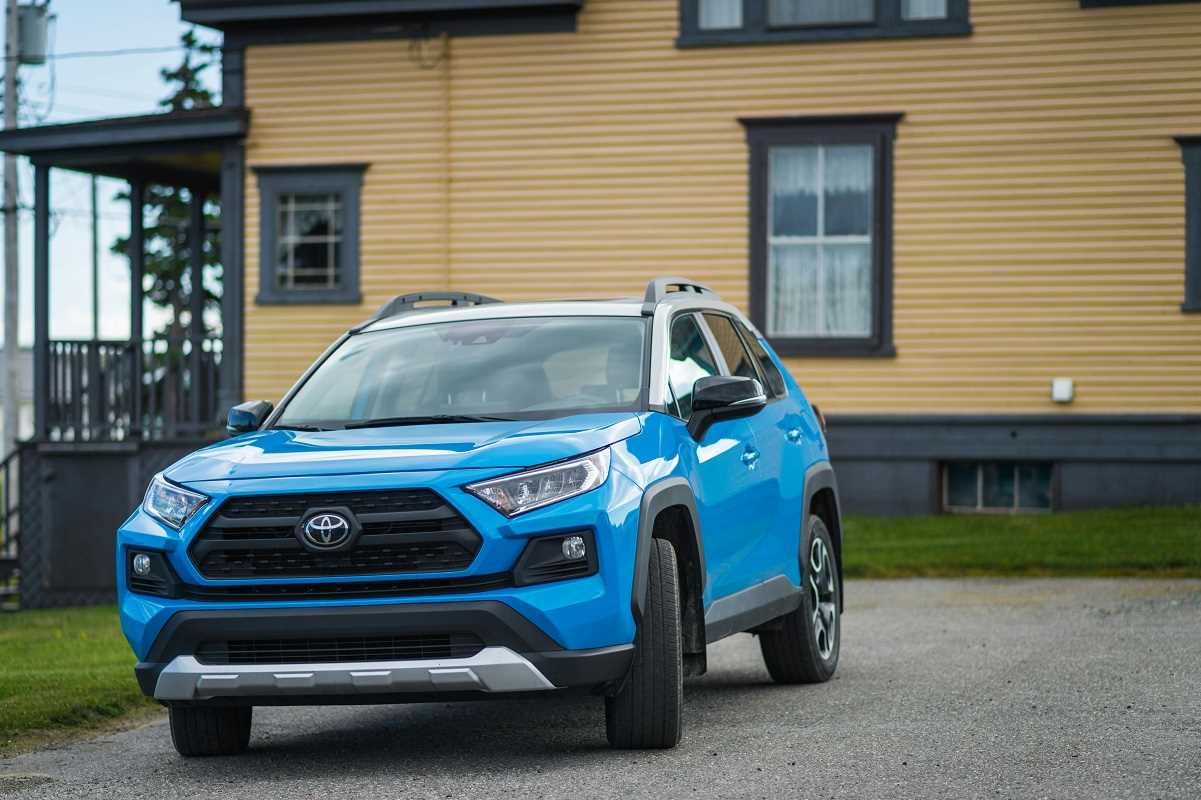Planning a family vacation is exciting, but it comes with a ton of decisions. One of the most practical yet often-overlooked questions is this: Should you rent a car or take the family SUV? The choice you make can impact your comfort, budget, and overall experience. Renting a car might spare your beloved SUV from extra miles and wear, but it costs money. Meanwhile, the trusty SUV may save you cash but could leave you worrying about gas, maintenance, or whether it’s roomy enough for that mountain of luggage your kids insist on bringing. To help you decide, we’ll break down the pros and cons of each option with specific scenarios and tips that’ll make your vacation drive a whole lot smoother.
The Pros and Cons of Taking the Family SUV
Your SUV may feel like the obvious choice for a family road trip, and for good reason. You know it inside and out, from how much space it has to how reliable it is. But before you load up, think about the following pros and cons.
Pros:
- Familiarity: You’re comfortable driving your SUV. You know its handling, quirks, and features. That means fewer surprises on the road.
- Cost savings: Not renting a vehicle means you won’t spend extra on daily rental rates, insurance, or deposits.
- Custom features: Your own car probably already has your preferred settings, car seats for the kids, and maybe even your favorite phone mount or GPS setup.
Cons:
- Wear and tear: Long trips add mileage to your car, which can mean more regular maintenance like oil changes, tire rotations, or brake repairs down the line.
- Fuel efficiency: Some SUVs aren’t exactly gas-sippers. If your model leans toward the heavy side with gas consumption, costs can pile up quickly during a road trip.
- Space concerns: Depending on your SUV’s size, you might find yourself playing Tetris to fit everything in the trunk, especially if you’re traveling with bulky items like strollers, coolers, or camping gear.
When Taking Your SUV Makes Sense
If you’re traveling a shorter distance or heading somewhere with predictable road conditions, the SUV might be the winning choice. For instance, a two-hour drive to a lakeside cabin, where you don’t expect to hit rough terrain, makes taking your own car both practical and economical.
The Pros and Cons of Renting a Car
On the other hand, renting a car has its appeal, especially if you want more comfort or peace of mind. But, as with all things, it comes with its own set of caveats.
Pros:
- Preserved mileage: Renting a car keeps those extra miles and long-hour drives off your SUV, preserving its resale value and saving wear in the long run.
- Gas efficiency: Rental companies often stock newer, more fuel-efficient cars, meaning you could save at the pump. Some rentals even offer hybrid or electric options.
- Size and type flexibility: Need a larger vehicle? A luxury-grade SUV? Or a compact car for tight city streets? Rentals allow you to pick the right fit for your trip, so you’re not stuck with a one-size-might-not-fit-all option.
- Added reliability: Rental cars are typically well-maintained. Knowing that the car was recently checked over can offer peace of mind during long drives far from home.
Cons:
- Costs add up: Renting can save you fuel costs, but the daily rental fee, insurance, and extra fees may outweigh the benefits.
- Lack of familiarity: Adjusting to a new car’s controls, visibility, or features mid-road trip might feel awkward or frustrating, especially in stressful traffic situations.
- Strict policies: You often have to return rental cars with certain gas levels or face fines. Plus, you’ll need to avoid any dings or scratches to avoid extra charges.
When Renting Makes Sense
Renting may be the better bet if you’re embarking on a longer trip or venturing to rugged destinations. A family road trip across multiple states or a visit to a National Park with rough terrain could warrant the use of a rental built for the job.
Comparison in Key Areas
Cost Considerations
When budgeting your trip, consider the direct and indirect costs of both options. Taking your SUV may save you from rental and insurance fees, but adding miles to your vehicle could lead to pricier maintenance costs later. Similarly, renting a car comes with known upfront costs but spares your own vehicle any wear.
Ask yourself:
- How much is the rental and gas for the car you’re considering?
- What’s your SUV’s existing fuel economy compared to the rental?
- Does your budget include potential maintenance like tire replacements or oil changes after heavy usage?
Comfort and Space
Consider who’s riding with you and what’s coming along for the trip. Two kids, a dog, and suitcases? Cramped space could breed cranky moods. Renting a larger vehicle may offer extra room for everyone to stretch and relax.
Don’t forget creature comforts like air conditioning, legroom, and other features. Comparing how your personal vehicle stacks up with a rental can make all the difference for those longer drives.
Peace of Mind
Long drives can be unpredictable. Your SUV might be familiar, but a rental offers added assurance. Rentals often come with roadside assistance and are typically newer than private vehicles. However, taking your SUV allows you to control and plan for the vehicle’s performance based on history.
Practical Tips for Deciding
Here are some tips to help you settle on the best choice for your trip:
- Run the numbers. Use an online gas and mileage calculator to estimate fuel costs for your SUV and a potential rental. Add expected costs like maintenance or car insurance extensions.
- Check the terrain. Road conditions matter. Will you be driving in urban areas, hilly countryside, or unpaved backroads? Choose the vehicle that best suits those needs.
- Plan for long drives. If your trip involves extended hours on the road, comfort features (better seating, legroom, and built-in tech) can help control stress levels for both you and your passengers.
- Call your insurer. If renting, verify whether your car insurance covers rentals or if the rental company’s additional insurance is necessary.
- Think long-term. Beyond cost, decide which option offers more value. Does preserving your SUV’s mileage matter more than saving short-term money?
Making the Choice
The choice to rent a car or take your SUV for your next family vacation depends on your priorities. Renting keeps your vehicle in top shape and can offer size or comfort upgrades, but it comes with fees. Sticking with the family SUV saves you money upfront and provides familiarity but could mean added wear and tear. Evaluating costs, road conditions, comfort, and long-term impact will help you find the best option for your trip.
 (Image via
(Image via





